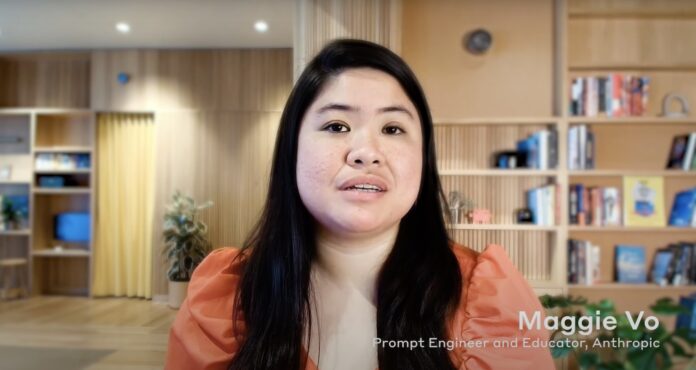Think you’re good at using AI? Anthropic, the company behind Claude, just released a free, 12-lesson course called AI Fluency, and it goes way beyond basic prompting tips (though it has those, too). It’s a full-blown framework for collaborating with AI that could fundamentally change how you work.
The course is built around a simple but powerful concept: the “4Ds of AI Fluency.” Instead of just teaching you what to type, it teaches you how to think about partnering with an AI, whether you’re using it to automate tasks, augment your creativity, or act as an independent agent.
Here’s the 4D framework in a nutshell:
- Delegation: Get strategic about what to give the AI versus what to do yourself. This involves understanding your project’s goals (Problem Awareness) and the AI’s strengths and weaknesses (Platform Awareness).
- Description: This is prompt engineering on steroids. It’s about clearly communicating what you want (Product), how the AI should approach it (Process), and how it should behave (Performance).
- Discernment: This is the critical flip side of Description. Anthropic says to learn to evaluate the AI’s output (Product), its reasoning (Process), and its conversational style (Performance) to ensure quality.
- Diligence: This is the ethics and responsibility layer. It covers choosing the right AI for the job (Creation), being transparent about its use (Transparency), and taking ownership of the final result (Deployment).
The course is packed with practical exercises. You’ll plan and execute a real project, do a “Bad Prompt Makeover,” and even draft a personal “Diligence Statement” to define your own rules for ethical AI use. And yes, you get a certificate at the end!
What to do: This isn’t just another resource to bookmark and forget. The AI Fluency framework provides a mental model that separates AI amateurs from pros.
Try to take the course (it’s only 3-4 hours) and immediately apply it to your next big project. For more info, we breakdown the whole course on the website here.
Editor’s note: This content originally ran in our sister publication, The Neuron. To read more from The Neuron, sign up for its newsletter here.
